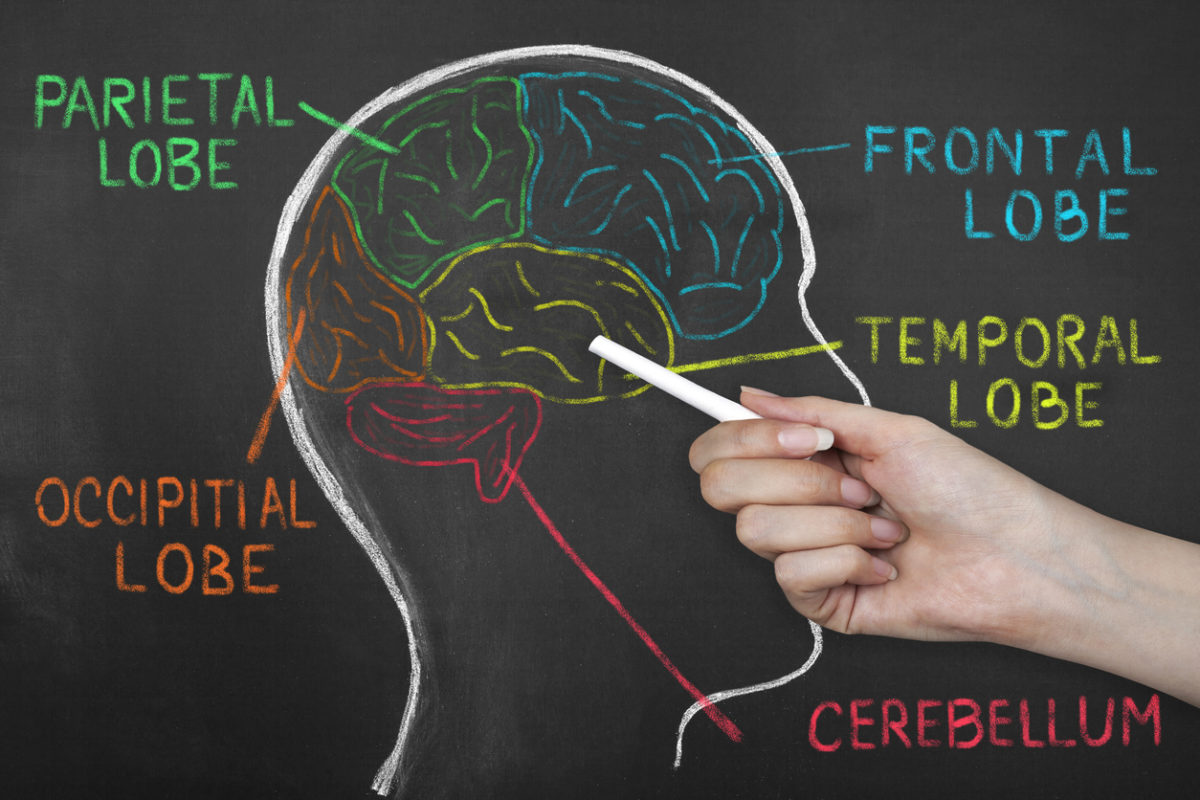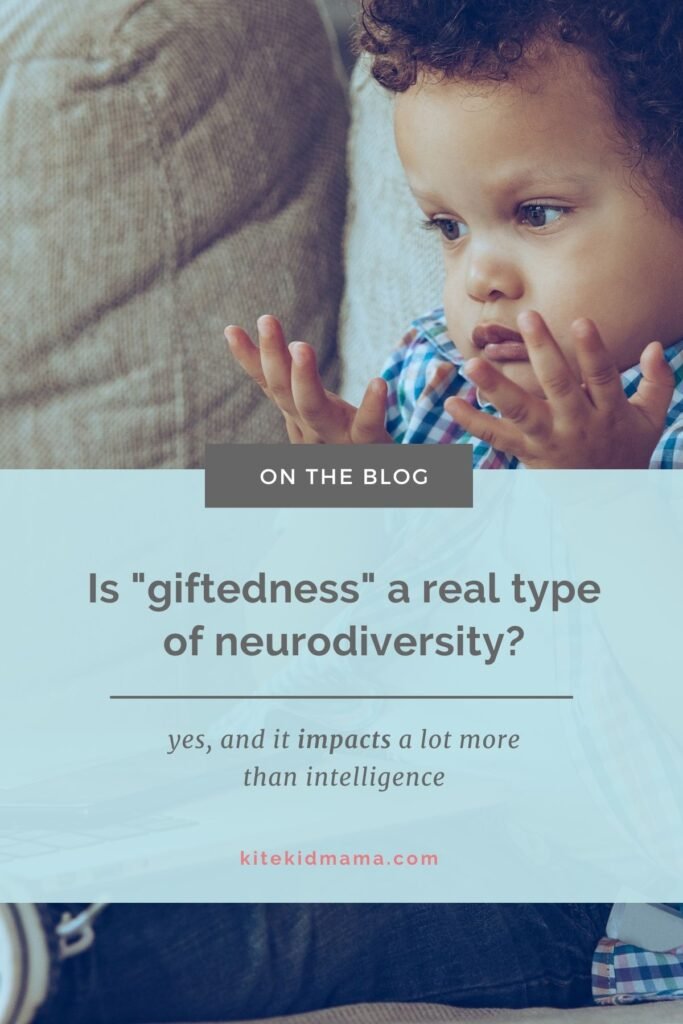Gifted students are often neurodivergent, meaning they have neurological differences that set them apart from the average person. These differences can include things like ADHD, Asperger’s Syndrome, and dyslexia. While these neurological differences can make life more challenging for gifted students, they also give them unique strengths and abilities.
For example, many gifted students are highly creative and have excellent problem-solving skills.
There are many gifted students who are neurodivergent. This means that they have neurological differences that make them think and learn differently than other students. These differences can be diagnosed as a learning disability, ADHD, autism, or another condition.
While some neurodivergent students may struggle in school, others may excel.
Giftedness and neurodiversity are not mutually exclusive. In fact, many gifted students are neurodivergent.
This means that they have neurological differences that make them think and learn differently than other students. These differences can be diagnosed as a learning disability, ADHD, autism, or another condition. While some neurodivergent students may struggle in school, others may excel.
Neurodiversity is an important part of the gifted community because it adds richness and diversity of thought and experience. When we embrace neurodiversity in the gifted community, we are better able to support all gifted learners – including those who are neurodivergent.
Why Gifted Kids Are Actually Special Needs
Are Gifted Children Neurotypical?
There is no one answer to this question as it can depend on how you define “giftedness” and “neurotypicality”. However, in general, gifted children are more likely to fall within the neurotypical range than not. This is because giftedness is typically defined as having advanced cognitive abilities and/or heightened sensitivities, both of which are considered to be within the neurotypical range.
There are of course exceptions to this, and some gifted children may exhibit signs of being on the autism spectrum or other neurological conditions. However, these cases are relatively rare. So overall, you could say that gifted children are more likely to be neurotypical than not.
Is Giftedness on the Spectrum?
The simple answer to this question is “no”. Giftedness is not on the autism spectrum. However, there are some similarities between giftedness and autism that may cause confusion.
For example, both giftedness and autism can involve intense focus on certain topics, unusual interests, and a need for routine. Additionally, both can result in social difficulties and sensory sensitivities.
However, there are also important differences between giftedness and autism.
Gifted individuals typically have higher IQs than those with autism. They also tend to excel in academics and creative pursuits. In contrast, people with autism often struggle in school and may have difficulty with communication and social interaction.
It’s important to remember that everyone is unique. Just because someone exhibits some characteristics of giftedness or autism does not mean they necessarily fit into either category. If you’re concerned about your child’s development, it’s best to speak with a doctor or other professional who can provide more specific information.
Are Gifted People Neurotypical?
Gifted people are not neurotypical. Neurotypical means having a brain that functions within the normal range of human cognitive ability. Giftedness, on the other hand, refers to a exceptional level of natural ability or talent in a particular area.
So while all gifted people have brains that fall outside of the neurotypical range, not all neurotypical people are gifted.
There is no one definition of what it means to be gifted, but most experts agree that it involves advanced skills or abilities in one or more areas of intellectual functioning. This could include things like higher-than-average IQ scores, superior memory capacity, greater creativity, and enhanced problem-solving abilities.
Some gifted individuals also possess exceptional physical talents (such as athleticism), artistic ability, or musicality.
It’s estimated that between 2 and 5 percent of the population are true “geniuses” with an IQ score over 140. But being extremely intelligent does not necessarily make someone gifted; there are many highly intelligent people who are not considered gifted because they lack that extra “something” that sets them apart from their peers.
So while all gifted people are neurodivergent, not all neurodivergent people are gifted. And unfortunately, because our society is designed for neurotypical brains, many gifted individuals go through life feeling misunderstood, undervalued, and out of place.
Are Gifted Students Autistic?
The answer to this question is complicated and nuanced. There is no simple yes or no answer.
Giftedness and autism are both complex, multi-dimensional concepts.
There is a lot of overlap between the two, which can make it difficult to tease apart. Many people who are gifted also have autistic traits, and vice versa.
That said, there is some research that suggests that giftedness and autism may be more closely linked than previously thought.
One study found that 26% of participants who were identified as gifted also met the criteria for an autism diagnosis. However, it’s important to note that this does not mean that all gifted people are autistic, or that all autistic people are gifted. The study simply shows that there is a significant overlap between the two groups.
So what does this all mean? Ultimately, it’s important to remember that both giftedness and autism are highly individualized concepts. There is no one-size-fits-all definition of either one.
If you suspect that you or your child may be on the spectrum, it’s important to seek out professional help for an accurate diagnosis and individualized support plan.

Credit: oakcrestacademy.org
Gifted Neurodivergent Adults
There is a lot of talk these days about neurodiversity, and the idea that everyone’s brain is wired differently. This is especially true when it comes to giftedness. Some people are born with brains that are wired for high intelligence, and they often find themselves “outside the norm” in terms of how they think and process information.
This can be both a blessing and a curse. On the one hand, giftedness often comes with superior problem-solving skills and the ability to see things from different perspectives. But on the other hand, gifted individuals may also experience anxiety, depression, and social isolation due to their unique way of thinking.
If you’re a gifted adult who feels like you’re struggling to find your place in the world, know that you’re not alone. There are many others out there like you, and there are plenty of resources available to help you thrive. Here are just a few tips:
1) Seek out supportive relationships: Spending time with people who understand your unique perspective can be incredibly helpful (and healing). Whether it’s friends, family members, or even online communities of other gifted adults, surround yourself with people who “get” you.
2) Find an outlet for your creativity: Gifted individuals often have amazing creative abilities.
If you’re not sure what to do with your talents, try exploring different outlets until you find something that clicks. From writing and painting to music and dance, there are endless ways to express yourself creatively.
3) Pursue challenging intellectual pursuits: Just because school was difficult for you doesn’t mean that learning has to stop once you graduate.
In fact, intellectually stimulating activities can be very satisfying for gifted adults. Consider signing up for college classes, taking on interesting projects at work, or reading difficult books in your spare time.
4) Don’t compare yourself to others: It’s easy to feel like you’re not good enough when you compare yourself to others (especially if they seem “normal”).
But keep in mind that everyone has their own gifts and challenges—you are just as special as anyone else on this planet. Embrace your differences!
Conclusion
Gifted students are often neurodivergent, meaning they have neurological differences that set them apart from the average student. These differences can include things like ADHD, autism, and anxiety. While these differences can be challenging, they also give gifted students unique strengths and abilities.
Many gifted students struggle in school because they don’t fit in with their peers or because they find the curriculum unchallenging. This can lead to frustration and even despair. It’s important for parents and educators to be aware of the signs of giftedness and to provide support for gifted students.

